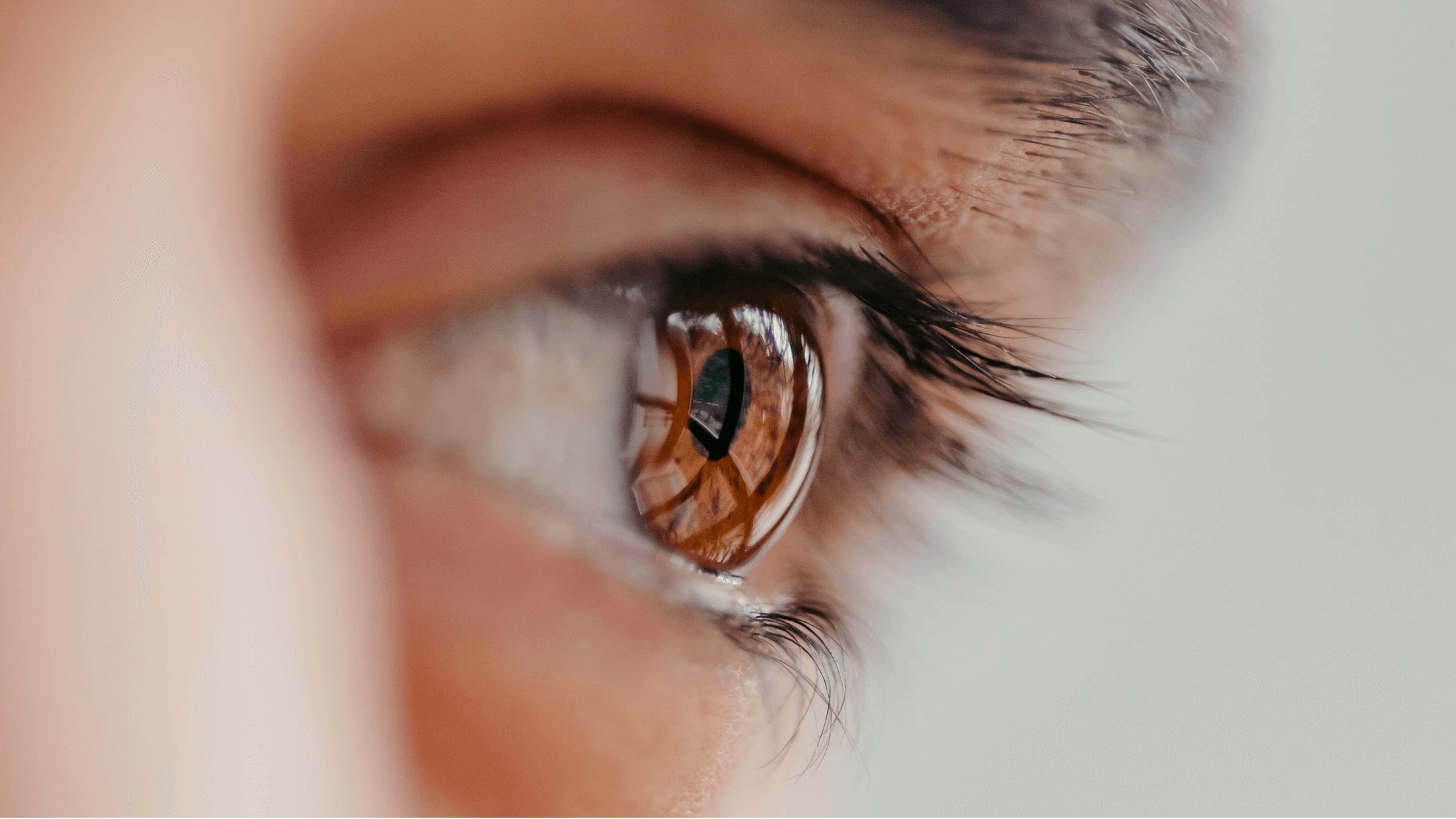Schizophrenia & Psychosis
schizophrenia & psychosis
schizophrenia & psychosis: navigating mental illness with support
Schizophrenia and psychosis are serious mental health conditions that affect how a person thinks, feels, and behaves, often causing a significant disconnect from reality. Schizophrenia is a chronic condition marked by symptoms such as hallucinations, delusions, disorganized thinking, and extreme difficulty in managing everyday activities. Psychosis, on the other hand, refers to a broader spectrum of symptoms, including distorted perceptions of reality, which can occur in response to various factors such as mental illness, trauma, substance abuse, or medical conditions.
Both conditions can cause emotional distress, impair social relationships, and make it difficult for individuals to function in daily life. The exact causes of schizophrenia and psychosis are not fully understood, but they are believed to result from a combination of genetic, biochemical, and environmental factors. At Modyfi, we provide an integrative approach to treating schizophrenia and psychosis by combining evidence-based therapies, medication management, functional medicine, and mindfulness practices. Our approach aims to support both the psychological and physical aspects of these conditions, helping individuals manage their symptoms, improve their quality of life, and achieve greater stability and well-being.


FAQs
Schizophrenia is a chronic, severe mental health condition characterized by symptoms such as hallucinations (hearing or seeing things that aren’t real), delusions (false beliefs), and disorganized thinking. Psychosis, on the other hand, refers to a state of impaired reality perception, which can occur due to a variety of causes, including schizophrenia, trauma, substance abuse, or medical conditions. While all schizophrenia involves psychosis, not all psychosis is caused by schizophrenia.
Symptoms of schizophrenia can be broadly categorized into positive, negative, and cognitive symptoms:
Positive symptoms: Hallucinations, delusions, and disorganized speech or behavior.
Negative symptoms: Lack of motivation, reduced emotional expression, social withdrawal, and difficulty experiencing pleasure.
Cognitive symptoms: Problems with memory, attention, and executive function, which affect day-to-day activities and decision-making.
Schizophrenia and psychosis are believed to be caused by a combination of genetic, biological, and environmental factors. A family history of schizophrenia or other mental health conditions increases the risk of developing schizophrenia. Brain chemistry imbalances, particularly in neurotransmitters like dopamine and glutamate, play a role in psychosis. Environmental stressors, trauma, and substance use can also trigger or worsen these conditions.
Treatment for psychosis typically involves a combination of antipsychotic medications to manage symptoms and psychotherapy to address underlying issues and improve coping skills. Cognitive-behavioral therapy (CBT) can be particularly helpful in managing delusions and hallucinations. In some cases, functional medicine and stress management techniques are used to support overall mental and physical health, which can improve treatment outcomes.
Functional medicine takes a holistic approach to treating schizophrenia and psychosis by addressing underlying physical health issues that may contribute to or exacerbate the condition. Nutrient imbalances, inflammation, gut health, and hormonal dysfunction can all play a role in mental health. Functional medicine seeks to restore balance through dietary changes, supplements, and lifestyle adjustments, which may help support brain function and overall well-being.
Therapy, especially cognitive-behavioral therapy (CBT), is important in helping individuals with schizophrenia and psychosis manage their symptoms. CBT helps individuals identify and challenge the negative thought patterns that fuel delusions and hallucinations. Therapy also supports emotional regulation, coping strategies, and social skills, all of which contribute to a better quality of life.
Schizophrenia and psychosis are typically chronic conditions, but they can be managed effectively with treatment. While there is no cure for schizophrenia, early diagnosis and appropriate treatment can help manage symptoms and improve quality of life. With ongoing support, individuals with schizophrenia and psychosis can lead fulfilling lives, though they may need long-term medication and therapy.
Antipsychotic medications are the primary treatment for schizophrenia and psychosis. These medications work by balancing the levels of neurotransmitters like dopamine in the brain, which helps reduce symptoms like hallucinations, delusions, and disorganized thinking. Medication may need to be adjusted over time, and it is often combined with therapy for best results.
In addition to medication and therapy, lifestyle changes such as maintaining a balanced diet, exercising regularly, getting adequate sleep, and managing stress can support recovery. Establishing a structured daily routine, avoiding alcohol or recreational drugs, and seeking social support are also crucial for managing symptoms and improving overall mental health.
At Modyfi, we provide a comprehensive, integrative approach to managing schizophrenia and psychosis. We combine evidence-based therapies like CBT, medication management, and functional medicine to address both the biological and psychological aspects of these conditions. Our focus is on helping individuals manage symptoms, improve cognitive function, and regain stability, offering holistic support throughout their recovery journey.










